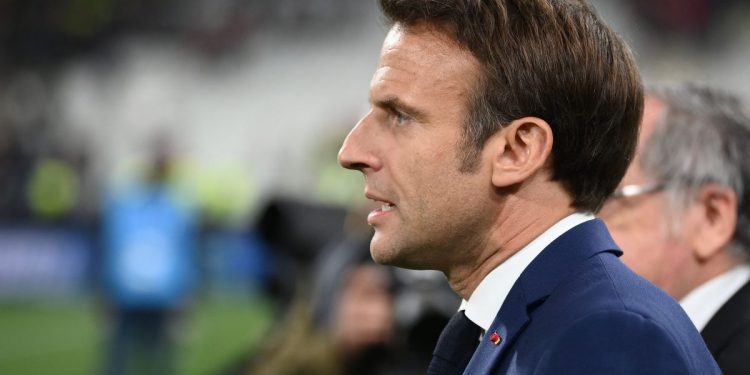As the sun rose over Gabon, a country that has grappled with its post-colonial legacy, a coup d’état unfurled, toppling the recently re-elected President. The Bongo family, a mainstay in Gabon’s political landscape since its independence from France, now confronts a significant shift in governance.
The French Influence
France’s historical connection with its former African colonies has woven a complex tapestry of influence, economics, and politics. Colonization left deep imprints on these nations, shaping their political structures and governance dynamics. Over time, France maintained considerable sway in the region, often dubbed “Françafrique.”
However, in recent years, an undercurrent of discontent has risen in many African nations, driven by calls for true sovereignty and autonomy. This sentiment, coupled with economic disparities and political corruption, has sparked waves of unrest, leading to the ousting of leaders by the military.
Gabon’s Coup and International Responses
France’s response to Gabon’s coup mirrors its historical involvement in African affairs. As the former colonial power, France swiftly condemned the military intervention.
A government spokesperson conveyed, “France condemns the ongoing military coup in Gabon and reiterates its desire to see the results of the election respected, once they are known.”
China’s Inroads and Russia’s Concerns
Beyond France’s watchful eye, other global players are making inroads into Africa. China, with its strategic Belt and Road Initiative, is seeking closer ties with African nations, often challenging France’s traditional dominance.
Russia, aiming to bolster its presence in the continent, expressed concern over the internal situation in Gabon.
Its Foreign Ministry spokeswoman, Maria Zakharova, stated, “Moscow has received with concern reports of a sharp deterioration in the internal situation in the friendly African country.”
Echoes from the EU
The impact of these political upheavals transcends national boundaries. The European Union’s Defence Chief, Joseph Borrell, highlighted that Gabon’s instability could ripple across the region.
He noted, “If this is confirmed, it is another military coup which increases instability in the whole region.”
Shifting Dynamics and Potential Beneficiaries
As former colonies grapple with political transitions, their traditional ties to France seem to be unravelling. The upheavals are signs of a region in flux, seeking new paths and partners.
While the outcomes remain uncertain, the shifting dynamics could pave the way for other global powers, such as China and Russia, to exert greater influence in the region.
Predictions and Implications
As countries like Gabon navigate uncertain waters, the predictions for their future are multifaceted.
The turbulent political landscape may present opportunities for new alliances, as nations seize the moment to redefine their relationships on their terms.
Amid these shifts, it’s crucial for nations and international actors to acknowledge the evolving aspirations of African countries and respond to their quest for true autonomy and stability.
The aftershocks of these coups will undoubtedly reverberate for years, shaping the trajectory of not only individual nations but also the broader geopolitical landscape.












